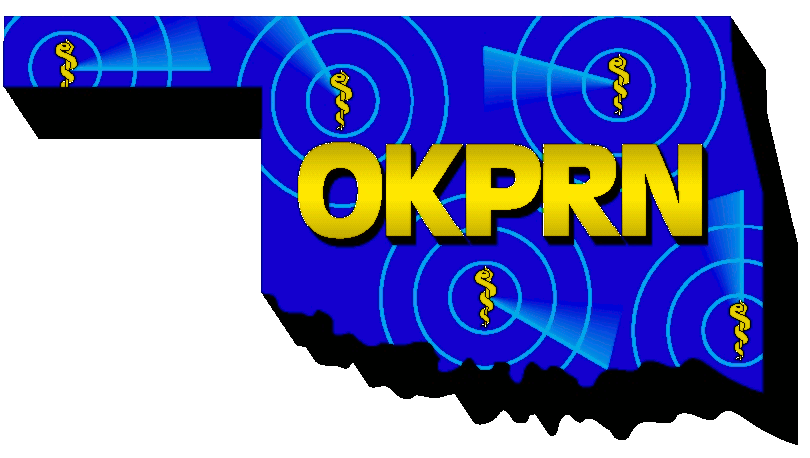
Meet Our Primary Care Practice Facilitators (PFs)

Meet Our Lead Facilitators

Cara Vaught, MPH
Cara obtained her undergraduate degree in Zoology from the University of Oklahoma in Norman. She completed her graduate degree at the University of Oklahoma Health Sciences Center receiving her Master's in Public Health with an emphasis on health promotion. She began with a career as a diabetes health educator for the Oklahoma State Health Department in 2001. She was then given the opportunity to work in research as a practice enhancement assistant in 2002. Topics of research she has been involved in include diabetes, colon cancer, smoking cessation in pregnant women, and prevention measures such as diet, exercise, smoking cessation and alcohol abuse.

Crystal Turner, MPH
Crystal obtained her undergraduate degree in Sociology with an emphasis in Human Sexuality from the University of Central Oklahoma. She completed her MPH from the University of Oklahoma Health Sciences Center (OUHSC) in 2000. Her experiences in research began in 1999 as a graduate research assistant at OUHSC in the Native American Preventive Research Department. It wasn’t until 2003 she began her services in the Research Division of the Department of Family and Preventive Medicine. Crystal’s position as a PEA has brought her full circle in the world of prevention. She has the opportunity to work at the clinical level to help evaluate and improve quality of health care.

Cheryl Crichley, MLT
Cheryl began her career in the medical field as a medical lab tech, working in several hospitals and practices over several years. She earned a BA in Anthropology from OU, then attended graduate school at Southern Methodist University, continuing her focus on Medical Anthropology. Those studies included a summer in Nicaragua studying the role of women in household health. She worked for OUHSC in Gynecologic Oncology in Oklahoma City on several research project and supervised the research data analysts for the department. She continued to work in research in Tulsa at the Warren Cancer Research Foundation on a grant to improve minority participation in cancer clinical trials, then as interim director of the foundation. When that group lost their funding she moved into a position in IT as a report writer for the EPIC conversion for Saint Francis Hospital and Warren Clinics. In 2015 she joined OPHIC as a Practice Facilitation Coordinator and continues as a Practice Facilitation Manager and Program Implementation Coordinator.
What is a Practice Facilitator?
Primary care Practice Facilitators (PFs) are individuals who develop a relationship with a group of practices over a period of time, generally eight practices per PF, in order to help them to evaluate and improve their quality of care. This is generally accomplished through practice audits and feedback, patient satisfaction surveys, staff training, “cross-fertilization” (sharing of ideas among the eight practices), coordination of quality improvement initiatives, and provision of specific materials and resources (flow sheets, computer training, etc.). A PF also functions as a research assistant, making it easier for practices to participate in research projects undertaken by the network. OKPRN demonstrated the effectiveness of practice facilitation in a number of studies and seminal review articles.
Check out the compilation of our past PF Questions of the Month as an example for eliciting relevant questions and finding answers in a PBRN through practice facilitators. Questions come from OKPRN members and answers are collected from the entire community.
What can a PF do for you?
1. A PF can help you and your staff implement changes in your practice that is suggested by research or clinical practice guidelines:
-
Identify the changes that practices want to make
-
Provide information about how others are doing it
-
Identify resources needed
2. A PF can help you and your staff use health information technology:
-
Train physicians and staff to use information systems
-
Assist practices with glitches and problems that occur in their use of information technologies
-
Identify practice/community needs regarding consultations/referrals
-
Identify practice/community needs for CME
3. A PF can help in the facilitation of research:
-
Train physicians and staff to follow study protocols
-
Collect data for studies requiring intermittent data collection
-
Audit and or pull charts for others to audit
-
Provide additional study cards and other materials
-
Transport study data to the center
-
Update practices regarding the status and findings from recent or ongoing studies
-
Collect new research ideas from practitioners and staff
-
Collect ideas for improving research protocols
-
Get feedback on the types of studies being done
-
Get feedback on manuscripts prior to submission
